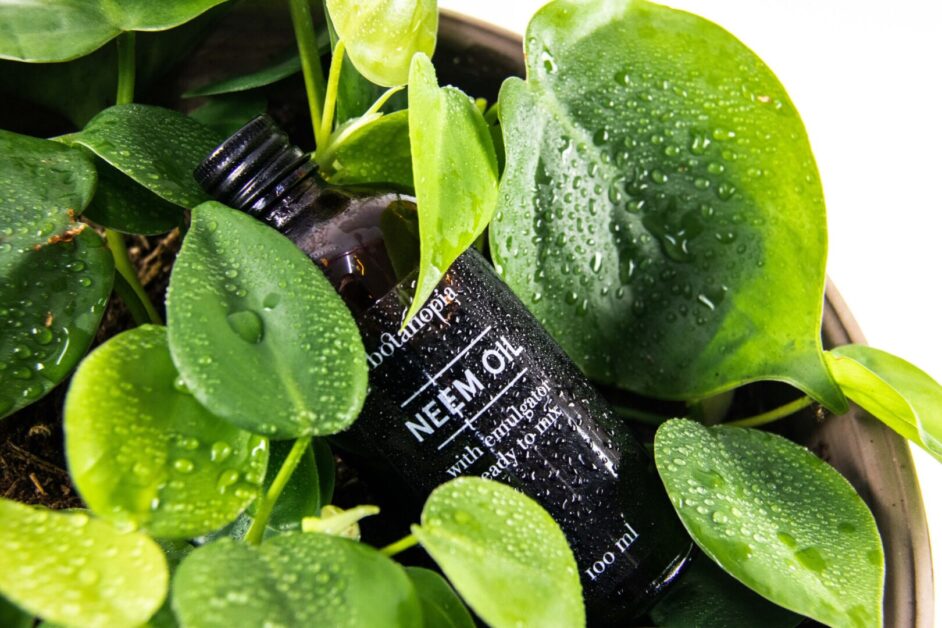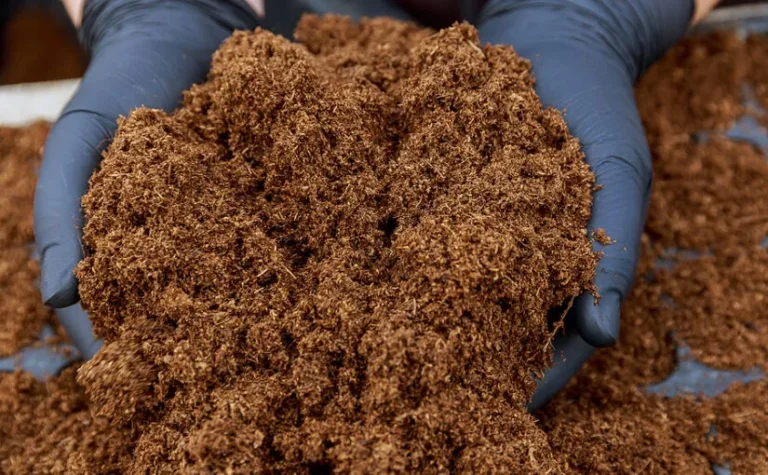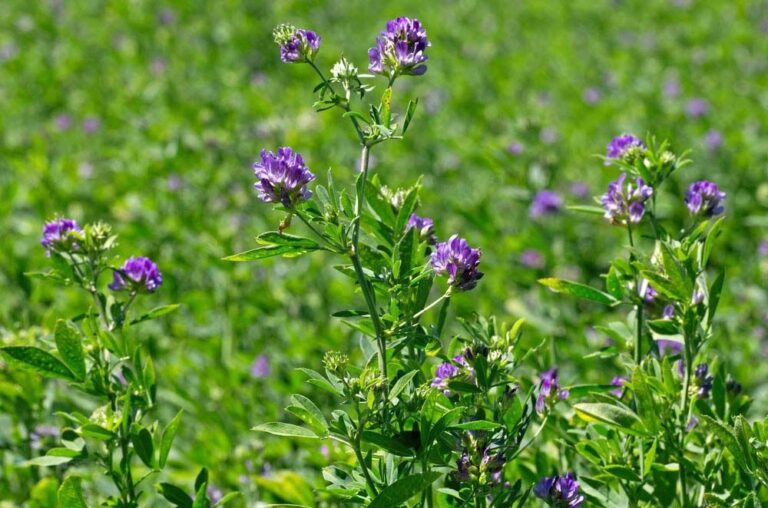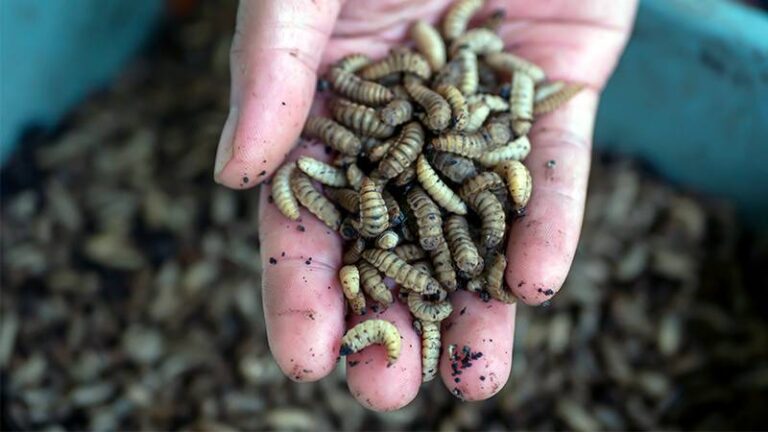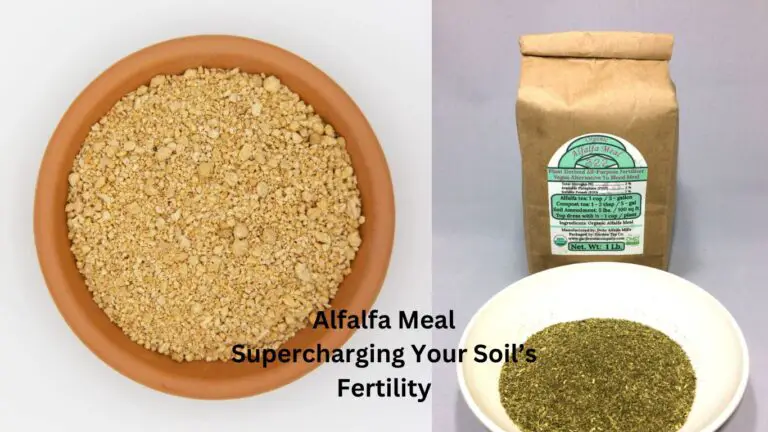The Best Way to Use Neem Oil for Your Plants: A Guide to Using This Natural and Effective Remedy
Table of Contents
The Best Way to Use Neem Oil for Your Plants: A Guide to Using This Natural and Effective Remedy
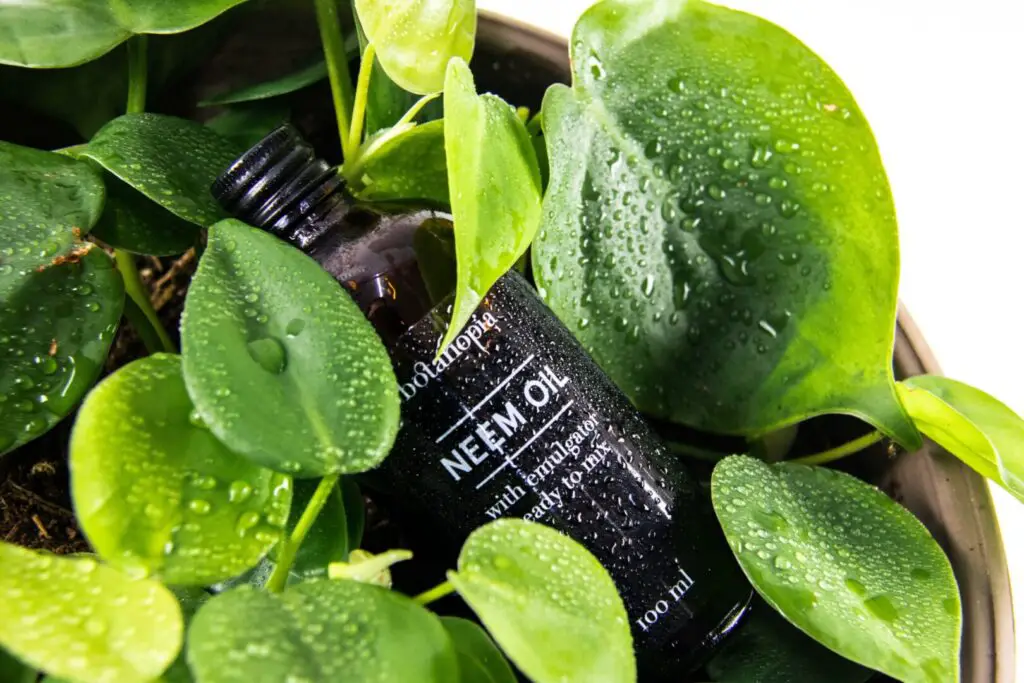
Neem oil is a powerful tool in your arsenal of plant care solutions. With its wide range of applications, you can effectively target specific plant problems and keep your garden thriving. One method of applying neem oil is through foliar sprays. This involves spraying a diluted solution directly onto the leaves and stems of your plants. The oil coats the surfaces, creating a protective barrier against pests and diseases. It’s important to ensure thorough coverage, reaching both the tops and undersides of the leaves for maximum effectiveness.
Another method is soil drenching, which involves pouring the neem oil solution directly into the soil around the base of your plants. This allows the oil to be absorbed by the roots and translocated throughout the plant. Soil drenching is particularly useful for treating soil-borne diseases and preventing infestations from below the ground. Lastly, root dips are a targeted application method that involves soaking the plant’s roots in a neem oil solution before planting. This helps protect young plants from pests and diseases, giving them a strong foundation to grow.
By exploring these various methods of applying neem oil, you can effectively address specific plant problems and maintain a healthy garden. The key is to choose the method that best suits your needs and the nature of the problem at hand. Whether it’s through foliar sprays, soil drenches, or root dips, neem oil provides a natural and efficient solution for your plant care needs.
Timing and Frequency: Understand the optimal timing and frequency for applying Neem Oil for Your Plants to address different issues and prevent recurring problems.
Timing and frequency are crucial factors to consider when applying neem oil for plant care. To effectively address different plant issues and prevent recurring problems, it is important to understand the optimal timing and frequency for applying neem oil.
The timing of Neem Oil for Your Plants application depends on the specific problem you are trying to address. For instance, if you are dealing with a pest infestation, it is best to apply neem oil when pests are in their vulnerable stages, such as during the early stages of their life cycle. This ensures that the neem oil has the maximum impact on controlling and eliminating the pests. Additionally, applying neem oil during the cooler parts of the day, such as early morning or late evening, can help prevent the oil from evaporating quickly and allow it to stay on the plants for a longer period, increasing its effectiveness.
When it comes to frequency, regular application of Neem Oil for Your Plants can provide better results. As a preventive measure, applying neem oil at regular intervals can help control and prevent various plant problems. For common garden plants, a general guideline is to apply neem oil every 7-14 days, depending on the severity of the issue and the specific plant’s needs. However, it is important to carefully read the product instructions and follow the recommended frequency mentioned by the manufacturer for optimal results.
By understanding the optimal timing and frequency for applying Neem Oil for Your Plants, gardeners can effectively address plant issues and prevent recurring problems. It is always advisable to conduct proper research and consult reputable sources or professionals to ensure the right application of neem oil for different plants and specific problems. Effective timing and frequency of neem oil application can contribute to healthy plants and a thriving garden.

Treating Pests: Learn how Neem Oil for Your Plants acts as a potent insecticide, effectively controlling pests such as aphids, spider mites, and whiteflies without harming beneficial insects.
Neem oil, derived from the neem tree (Azadirachta indica), possesses powerful insecticidal properties that make it an effective tool for combating pests in gardens and greenhouses. Its active compounds, including azadirachtin, disrupt the life cycle of various pests, such as aphids, spider mites, and whiteflies, ultimately leading to their demise. What sets neem oil apart from other insecticides is its ability to selectively target harmful insects while leaving beneficial ones unharmed. This makes it an ideal choice for gardeners seeking an eco-friendly solution to pest problems.
Research has demonstrated the efficacy of Neem Oil for Your Plants in controlling a wide range of pests. For example, a study published in the Journal of Economic Entomology found that neem oil effectively reduced the population of aphids on tomato plants by more than 70%. Another study conducted at the University of California, Riverside, revealed that neem oil significantly suppressed the reproduction of spider mites on cucumber plants. These findings highlight the potential of neem oil as a reliable and environmentally friendly alternative to conventional pesticides.
To apply Neem Oil for Your Plants as an insecticide, it is important to follow the recommended guidelines. Diluting the oil with water and applying it as a foliar spray is a common method. Ensure thorough coverage of both sides of leaves, as pests tend to hide in hard-to-reach areas. For pest-infested soil, a soil drench or root dip can be utilized to control pests at the source. The timing and frequency of applications depend on the specific plant and pest issue, so it is crucial to consult the product label or seek advice from gardening experts for optimal results.
Remember, Neem Oil for Your Plants the goal is not only to eliminate pests but also to preserve the balance of the ecosystem within your garden. Neem oil offers a natural and effective way to tackle pest problems without harming beneficial insects such as ladybugs, bees, and butterflies. By incorporating neem oil into your pest management practices, you can foster a healthy and thriving garden while minimizing the negative impact on the environment.
Here’s a table summarizing information about using neem oil for plants:
| Aspect | Description |
|---|---|
| Source of Neem Oil | Neem Oil for Your Plants is derived from the seeds of the neem tree (Azadirachta indica), which is native to parts of Southeast Asia. |
| Components | Neem oil contains various compounds, including azadirachtin, which has insecticidal and fungicidal properties. |
| Pest Control | Acts as a natural insecticide, repelling and disrupting the life cycle of pests such as aphids, mites, and caterpillars. |
| Fungicide Properties | Exhibits antifungal properties, helping to control and prevent diseases like powdery mildew and rust on plants. |
| Mode of Action | Disrupts the feeding and reproductive behavior of insects, affecting their growth and eventually leading to their demise. |
| Application Frequency | Apply neem oil as a foliar spray regularly, especially during the growing season or when pest and disease pressures are high. |
| Dilution | Dilute neem oil with water or a carrier oil according to the manufacturer’s instructions before applying to plants. |
| Compatibility with Beneficial Insects | Generally safe for beneficial insects like bees and ladybugs when used as directed, making it an eco-friendly option. |
| Residual Effects | Breaks down relatively quickly and leaves minimal residue, reducing long-term environmental impact. |
| Preventive and Curative Uses | Effective for both preventive measures and as a curative treatment for existing pest and disease issues on plants. |
| Safe for Edible Plants | Safe for use on edible plants, but always check the product label for specific instructions and waiting periods before harvest. |
| Caution for Sensitive Plants | Some plants may be sensitive to neem oil, so it’s advisable to test on a small portion before applying to the entire plant. |
| Storage and Shelf Life | Store neem oil in a cool, dark place, and check the expiration date to ensure its effectiveness. |
| Environmentally Friendly | Considered an environmentally friendly option compared to synthetic pesticides, promoting sustainable pest management practices. |
Always follow the instructions provided by the Neem Oil for Your Plants product you choose and conduct a patch test on a small area of your plants to ensure compatibility. Neem oil is a versatile tool in integrated pest management and plant care, offering natural solutions for common gardening challenges.
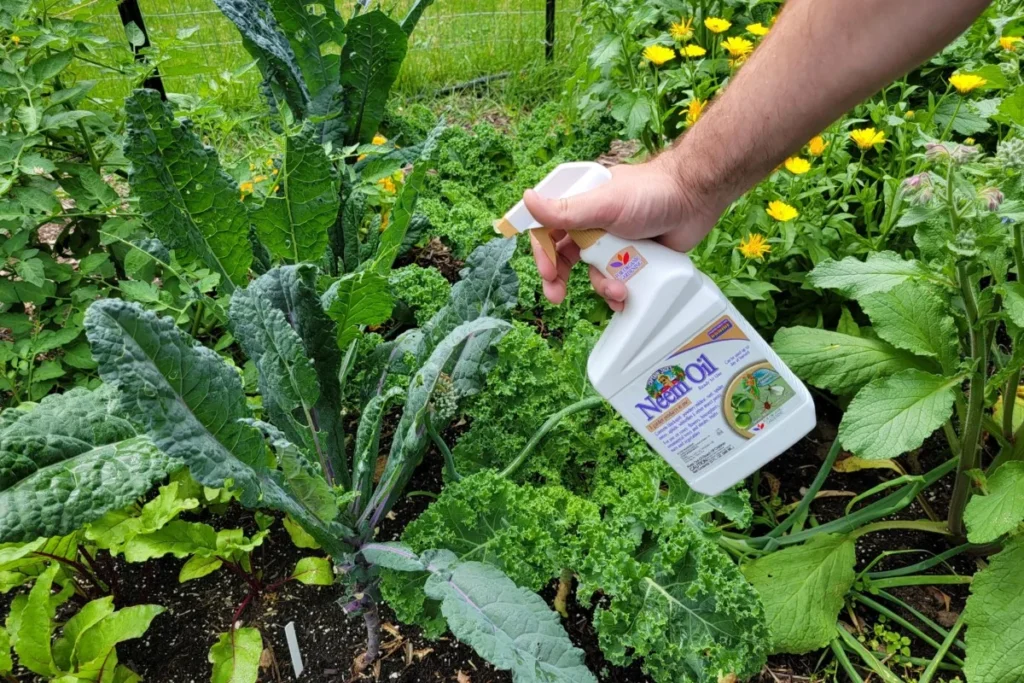
Here’s a table outlining the benefits of using neem oil for plants:
| Benefit | Description |
|---|---|
| Natural Pest Control | Neem oil acts as a natural insecticide, repelling and disrupting the life cycles of pests such as aphids, mites, and scale insects. |
| Antifungal Properties | Exhibits antifungal properties, making it effective in controlling and preventing fungal diseases such as powdery mildew and rust. |
| Safe for Beneficial Insects | Generally safe for beneficial insects like bees and ladybugs when used appropriately, preserving the natural balance in the ecosystem. |
| Biodegradable and Environmentally Friendly | Neem oil breaks down quickly, leaving minimal residue and reducing long-term environmental impact compared to synthetic pesticides. |
| Effective Against Various Pests | Addresses a wide range of pests, making it a versatile solution for the control of insects at various stages of their life cycles. |
| Preventive and Curative Use | Suitable for both preventive measures and as a curative treatment for existing pest and disease issues on a variety of plants. |
| Low Risk of Resistance Development | Due to its complex composition, neem oil has a lower likelihood of pests developing resistance compared to some synthetic chemicals. |
| Boosts Plant Immunity | Enhances the natural defense mechanisms of plants, helping them resist and recover from pest infestations and diseases. |
| Safe for Edible Plants | Can be used on edible plants without posing a risk to human health when applied following recommended guidelines. |
| Moisturizes and Conditions Plants | Acts as a conditioner for plant foliage, promoting healthy growth and helping to prevent issues related to dry or stressed plants. |
While neem oil offers many benefits Neem Oil for Your Plants , it’s essential to follow the manufacturer’s instructions, especially regarding dilution ratios and application frequency, to ensure optimal results without causing harm to plants.
Combating Fungal: Neem Oil for Your Plants
Fungal diseases can wreak havoc on plants, causing stunted growth, yellowing leaves, and even plant death. Luckily, neem oil offers a natural and effective solution for combating these fungal infections. With its antifungal properties, neem oil works by disrupting the life cycle of fungal pathogens, preventing them from spreading and causing further damage.
One of the most common fungal diseases in plants is powdery mildew, which appears as a white powdery coating on leaves, stems, and flowers. To treat powdery mildew, dilute neem oil with water and apply it to the affected areas using a sprayer. Be sure to cover both the upper and lower surfaces of the leaves for maximum effectiveness. Applying neem oil in the early morning or late afternoon when the temperatures are cooler can help prevent leaf burn. Repeat the application every 7 to 14 days until the infection is under control.
In addition to powdery mildew, neem oil can also combat other fungal diseases such as leaf spot, rust, and black spot. For these infections, mix neem oil with a wetting agent and water, following the instructions on the neem oil product. Apply Neem Oil for Your Plants the solution to the foliage, making sure to thoroughly coat all affected areas. Regular application every 7 to 10 days is crucial for preventing the spread of the fungus and promoting healthy plant growth. Remember to check the label instructions and conduct a small patch test before treating your entire plant to avoid any potential adverse effects. Neem oil is a valuable tool in the fight against fungal diseases, giving gardeners a natural and safe option to protect their plants and ensure their success.
Neem Oil for Your Plants in a video:
Can neem oil be used on all types of plants?
Yes, neem oil can be used on a wide variety Neem Oil for Your Plants of plants, including vegetables, fruits, ornamentals, and even houseplants.
How soon after applying neem oil can I harvest my fruits or vegetables?
It is recommended to wait at least 14 days after the last neem oil application before harvesting edible crops.
Can neem oil be used as a preventive measure against fungal diseases?
Yes, neem oil has preventive properties and can be applied regularly to plants to help prevent fungal diseases from occurring.
Can neem oil be harmful to bees and other beneficial insects?
While neem oil is generally safe for beneficial insects, it is recommended to avoid spraying neem oil directly on flowering plants where bees are actively foraging to minimize any potential harm.
Can neem oil be used in organic gardening?
Yes, neem oil is approved for organic gardening and is often used as a natural alternative to chemical pesticides.
How long does neem oil remain effective after application?
Neem oil breaks down relatively quickly, so it is recommended to reapply every 7-14 days, depending on the severity of the issue and the plant’s susceptibility to pests or diseases.
Can neem oil be used on indoor plants?
Yes, neem oil can be used on indoor plants to control pests and prevent fungal diseases. However, it is important to follow the instructions and avoid overuse, as the odor can be quite strong indoors.
Does neem oil have any adverse effects on human health?
Neem oil is generally considered safe for humans when used as directed. However, it is important to wear protective clothing, gloves, and avoid direct contact with the skin or ingestion of the oil.
Can neem oil be used during flowering or budding stages?
Yes, neem oil can be used during flowering or budding stages, but it is recommended to avoid spraying directly on flowers or buds to prevent any potential negative effects on pollination or fruit development.
Can neem oil be mixed with other pesticides or fertilizers?
Neem oil can be mixed with certain pesticides and fertilizers, but it is important to read the labels and follow the instructions provided by the manufacturers to ensure compatibility and avoid any negative interactions.

